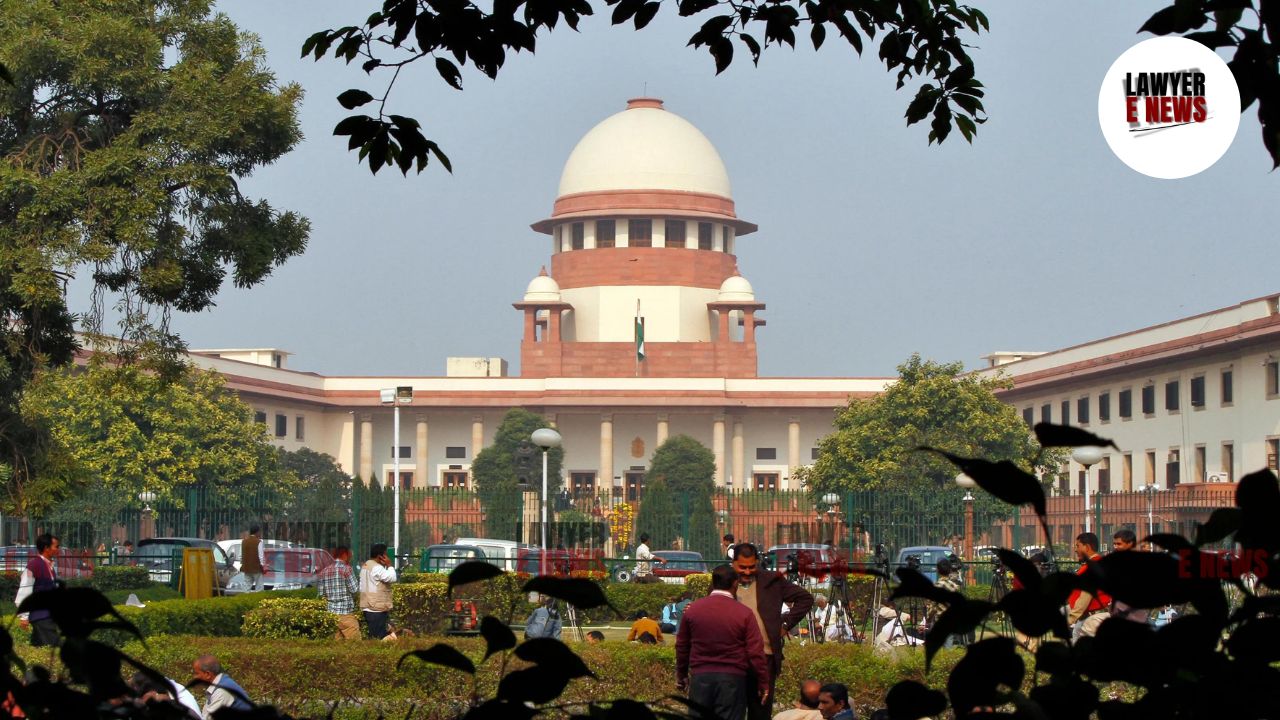-
by Admin
15 February 2026 5:35 AM



In a recent Judgement, the Supreme Court of India delivered a significant ruling in the case of Balbir Singh v. State of Himachal Pradesh. The petitioner, Balbir Singh, sought a change in his date of birth after nearly 35 years, a request that was consistently denied by various courts. The Supreme Court not only dismissed the petition but also imposed a fine of ₹1,00,000 for what it described as frivolous and repetitive litigation, clogging the court's docket.
Balbir Singh, an engineer who completed his matriculation in March 1981 and his BE course in 1987, initially recorded his date of birth as April 10, 1962. In 1999, he claimed that this was erroneous and that his correct date of birth was April 23, 1964. He first filed a civil suit in 2007 seeking to amend his matriculation certificate and service records. This suit, along with subsequent appeals, was dismissed at every judicial level, including by the High Court of Himachal Pradesh and the Supreme Court.
The core legal issue revolved around the petitioner's request to change his recorded date of birth, which he pursued nearly 35 years later. The courts emphasized that such changes cannot be made retrospectively, especially after a considerable passage of time and after the petitioner had served in his role for over a decade. The Supreme Court had already dismissed the petitioner's earlier attempts, noting a lack of merit.
Despite multiple dismissals, the petitioner continued to litigate the matter, including seeking a review of the Supreme Court's previous dismissal. The Supreme Court noted the petitioner's persistence as an attempt to "flog a dead horse." It observed that the petitioner, being a qualified engineer, should have understood the legal implications and the futility of his claims. The Court emphasized that such repetitive and meritless litigation burdens the judicial system unnecessarily.
In dismissing the present Special Leave Petition, the Court not only found no merit in the case but also imposed a cost of ₹1,00,000. This amount was ordered to be deposited with the AIIMS Poor Patients Fund within three months, with a stipulation for recovery as arrears of land revenue in case of non-compliance.
The Supreme Court's judgment serves as a strong message against frivolous and persistent litigation, particularly when the legal position is well-settled. By imposing a significant cost, the Court aims to deter similar future conduct that clogs the judicial system.
Date of Decision: August 20, 2024
Balbir Singh v. State of Himachal Pradesh
